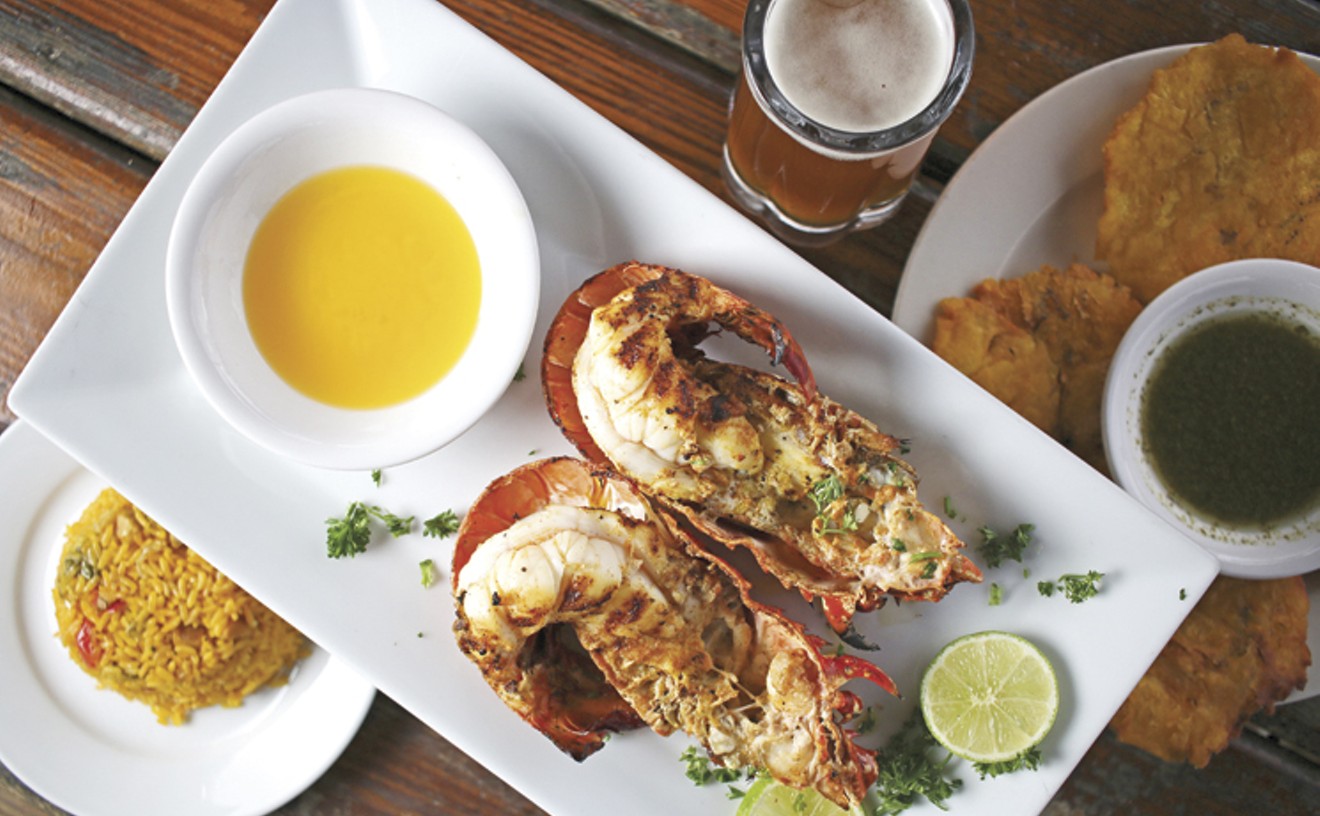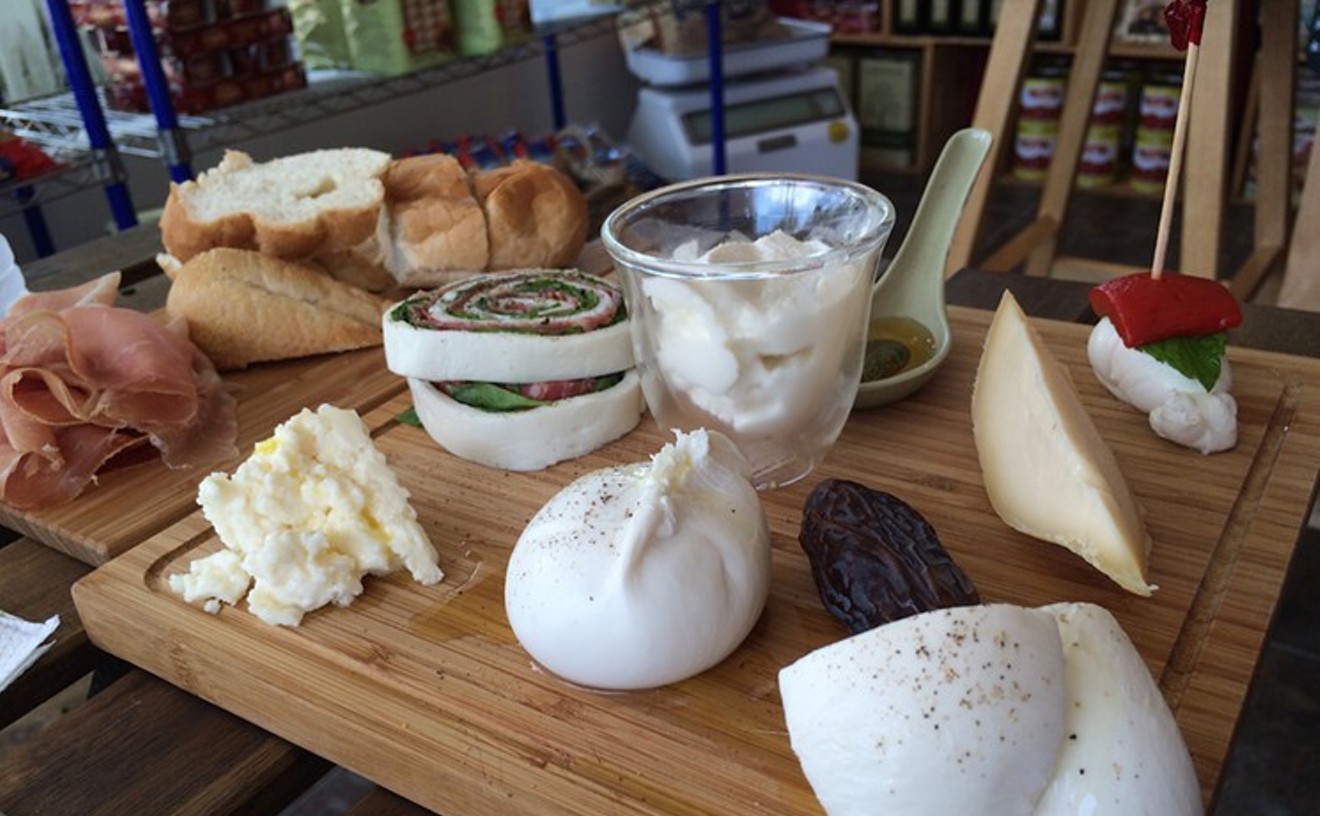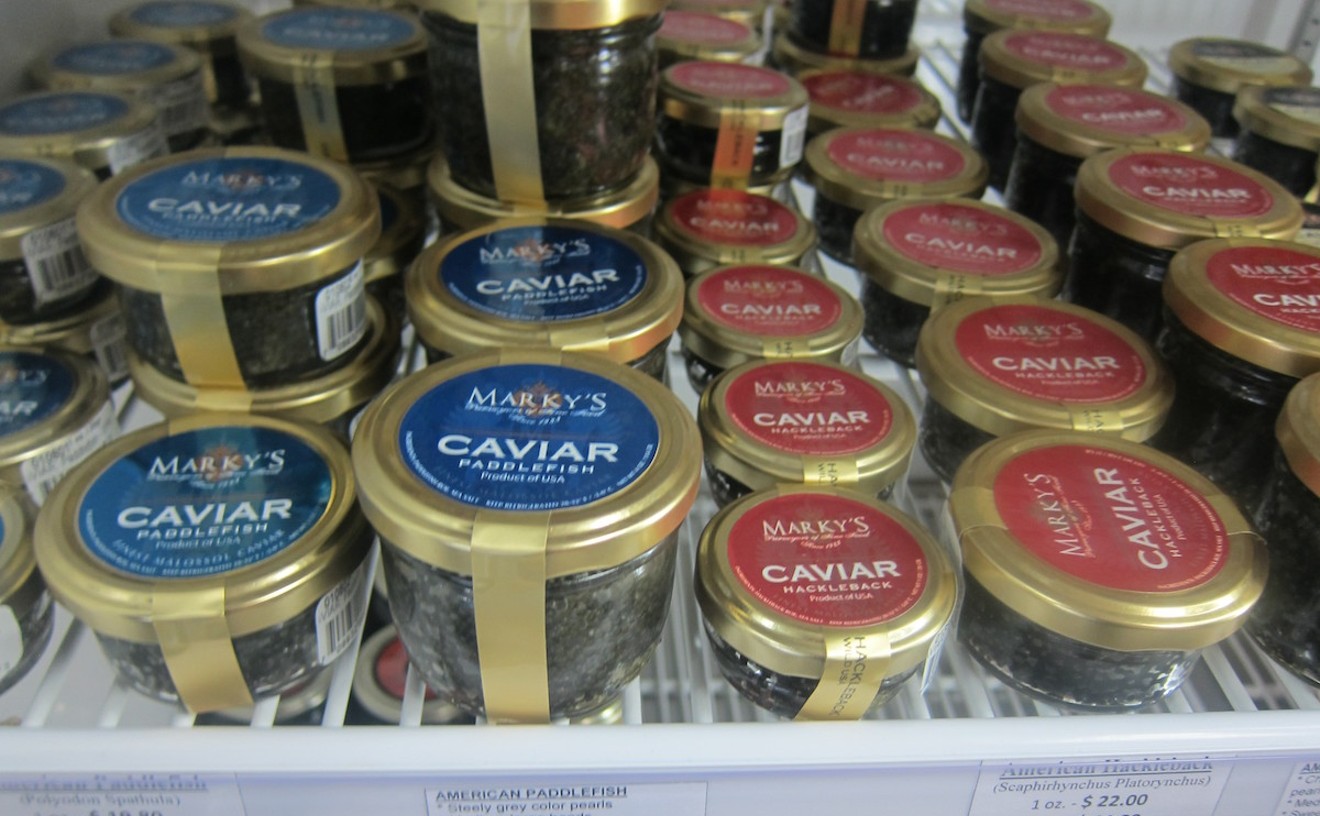At Coya, the stunning Peruvian spot from Zuma restaurateur Arjun Waney, there's an entire ceviche bar. Diners can grab a seat at the counter and marvel as the chefs make tiraditos, sushi, and, of course, ceviche. There are seven varieties of ceviche at Coya, including one with sea bass, slivers of red onion, sweet potato, and crunchy white corn. The base is a deliciously pungent leche de tigre, or tiger's milk, the Peruvian term for the citrus-based marinade used to cure the seafood in a ceviche. Called the clásico, it's perhaps the most Peruvian dish on the menu, and the pairing of sweet and acidic flavors is flawless. There's also a Chinese-inspired yellowfin tuna ceviche in soy sauce with sesame seeds and a rice cracker. Nothing cutting-edge here, but this raw dish is fresh and vivid. Running the kitchen is Sanjay Dwivedi, a chef whose London restaurant, Zaika, in 2001 became the first Indian eatery to earn a Michelin star. Dwivedi says the best way to experience Coya is via its $95 tasting menu, offering a half-dozen courses. Otherwise, ceviches and small plates average around $12, while main courses are in the $30 range. Gourmet food — especially raw fish — doesn't come cheap, but Coya's fare is well worth the price.
Readers' choice: Cvi.che 105











